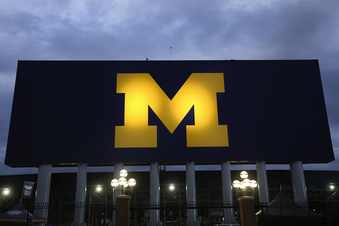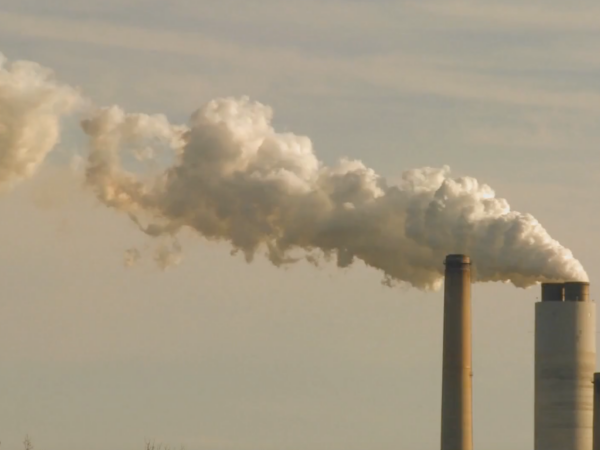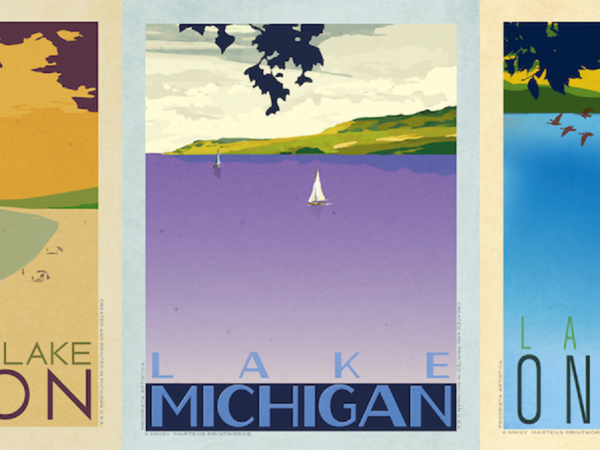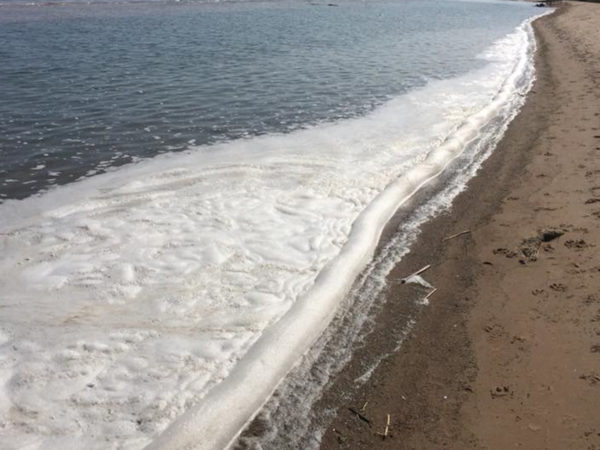
MADISON, Wis. (AP) — The National Science Foundation has given a consortium of Great Lakes-area universities and tech companies $15 million to develop ways to extract harmful substances from wastewater.
The foundation announced Monday that it has named the Great Lakes ReNEW group as one of 10 regional innovation engines across the country. Each will receive $15 million, with a chance to earn $160 million over the next decade if they can show progress.
The CHIPS and Science Act of 2022 authorized the foundation to create the engines. Other engines include groups working on innovations in agriculture, textiles, aerospace, medicine and energy storage.
Great Lakes ReNEW includes the University of Michigan, Ohio State University, the University of Wisconsin-Milwaukee, as well as a number of environmental, tech and energy companies from throughout the Great Lakes states.
The group is working to find ways to remove toxic minerals and chemicals such as lithium and PFAS compounds, which are man-made chemicals that don’t easily break down in nature, from wastewater.
Catch more news at Great Lakes Now:
New University of Michigan led initiative expands climate research across borders
The Great Lakes Compact at 15: Region celebrates, veteran policy experts caution against complacency
Featured image: The block M logo for the University of Michigan is displayed at the school’s NCAA college football stadium in Ann Arbor, Mich., Nov. 10, 2023. On Monday, Jan. 29, 2024, the National Science Foundation announced that it has named the Great Lakes ReNEW group, which includes the University of Michigan, as one of 10 regional innovation engines across the country. Each will receive $15 million, with a chance to earn $160 million over the next decade if they can show progress. (AP Photo/Paul Sancya, File)




